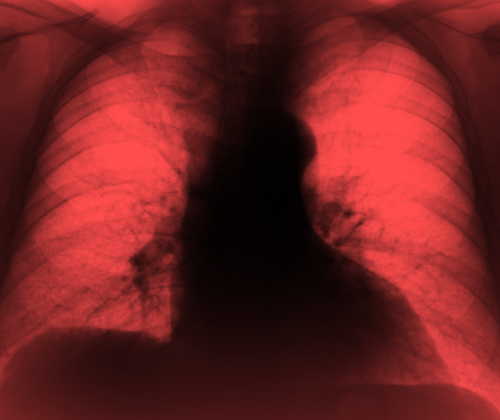Long COVID experts heard
 Leading experts are contributing to the government’s Long COVID & Repeat Infections Inquiry.
Leading experts are contributing to the government’s Long COVID & Repeat Infections Inquiry.
Following a joint submission to the Inquiry by the Australian Academy of Science (AAS) and the Australian Academy of Health and Medical Sciences (AAHMS), experts in areas such as infectious diseases, epidemiology, immunology, mental health and public health have been brought together to provide evidence to the House Standing Committee on Health, Aged Care and Sport.
They addressed topics including: a standard definition of long COVID that considers differences between adults and young people; the most significant knowledge gaps in the impacts of long COVID; which actions to prioritise in addressing those gaps; and how the government, research and health sectors can work to deliver those interventions.
The event was chaired by Professor Tania Sorrell; an internationally renowned infectious diseases physician and AAHMS Fellow.
“Long COVID is increasingly recognised as a complex and life-changing illness that could affect many thousands of Australians,” Professor Sorrell said.
“To significantly improve health and wellbeing, we must better understand long COVID itself, as well as its impacts on individuals, their families and carers, and society.”
AAHMS President Professor Steve Wesselingh added that with evidence on long COVID and repeated infections still evolving, the workshop helped direct attention to key gaps.
“Further research in this area, within the Australian context, is crucial to aid decision-making,” he said.
“The roundtable is an important opportunity to provide government with expert advice from our research community, which will help improve the national understanding of long COVID and enhance coordinated research efforts and care pathways in the future.”
AAS President Professor Chennupati Jagadish said the Learned Academies welcomed the opportunity.
“We are grateful for the opportunity to convene this roundtable, providing parliamentary committee members with direct access to those at the forefront of COVID research and treatment,” Professor Jagadish said.
“This roundtable speaks to the unique roles of the Learned Academies and their remit to provide independent, authoritative, and influential scientific advice to government. We hope this becomes a blueprint for future inquiries.”








 Print
Print